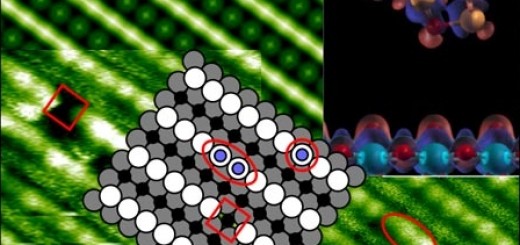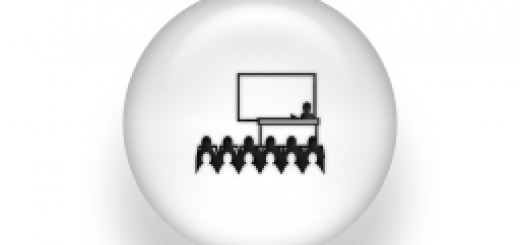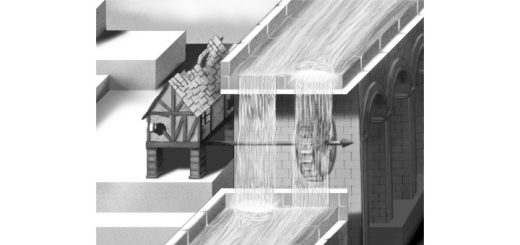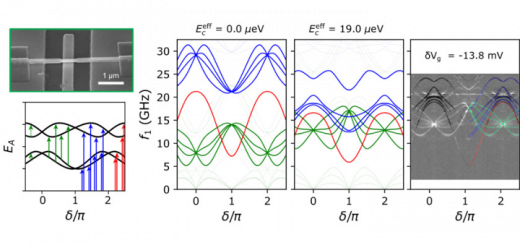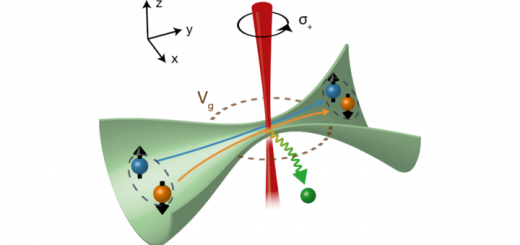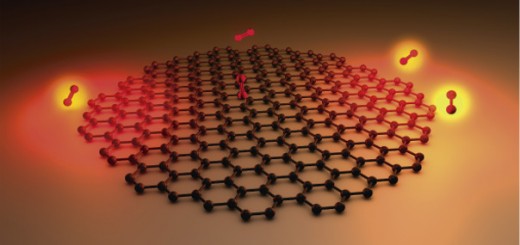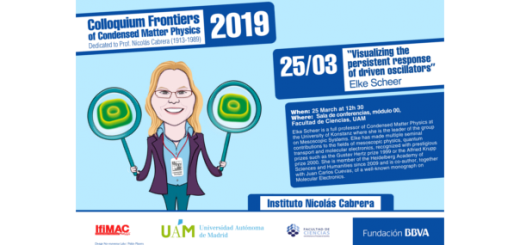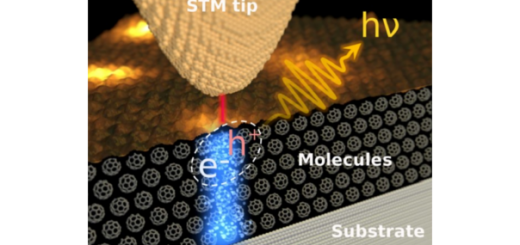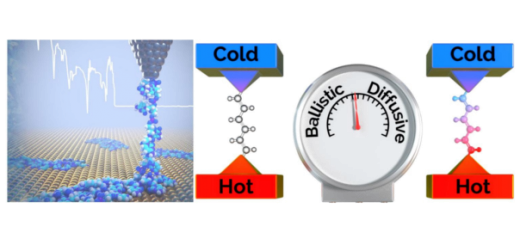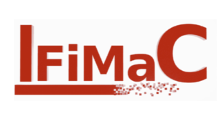The glass transition and the universal properties of glasses
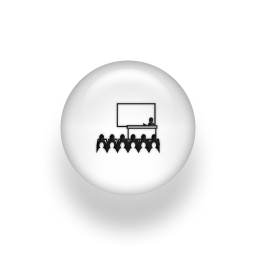 Wednesday, 6 April 2011, 12:00-13.00
Wednesday, 6 April 2011, 12:00-13.00
Prof. Miguel Angel Ramos
Departamento de Fisica de la Materia Condensada, UAM
ABSTRACT:
Although glass is a well-known and widely used material by mankind since thousands of years ago, the very nature of the glassy state and its (often universal) physical properties remain an issue of vivid debate within the scientific community. In the first part of this talk, I will present a general overview (necessarily limited and personally biased) about the state-of-the-art understanding of the glass state, focused on three major aspects: (i) thermodynamic vs kinetic theories for the glass transition; (ii) relaxational processes and dramatic slowing down of the dynamics of supercooled liquids; (iii) universal low-temperature properties of glasses and other disordered solids.
In the second part of the talk, I will present and discuss earlier and recent experiments performed by our research group on simple glass-forming monohydroxy alcohols (ethanol, propanol, butanol…) at low temperatures, including specific heat, thermal conductivity, Brillouin scattering and X-ray diffraction measurements. By doing this, we find an interesting benchmark to explore some relevant issues concerning molecular glass-forming liquids and the glass transition phenomenon. These include the role played by the molecular aspect ratio in vitrification/crystallization kinetics, the reported appearance of particular cases of polymorphism and “polyamorphism”, and by using different isomers the influence of the hydrogen-bond position on lattice dynamics and hence on low-temperature properties of glasses.


